25 de enero de 2017 / Fuente: http://blog.tiching.com/
Roger Llopart
¿Es el modelo tradicional del profesor como centro del aula un modelo autoritario?
Sí. Recuerdo una imagen, una pintura que se llamaba “Escuela en el pueblo”, de 1848, en la que se ve un profesor en una clase llena de niños con una vara en la mano. Se ven dibujos y enciclopedias de fondo. Es la imagen del profesor que con una vara debe intentar gestionar una clase de 40 niños. Hoy en día, por suerte, tenemos otros modelos más allá de la escuela tradicional y autoritaria. También tenemos muchas herramientas que hacen que el profesor no necesite una vara para generar autoridad o disciplina.
¿Qué entiende por autoridad dentro del aula?
Max Weber decía que la autoridad nos la ganamos, pero el poder nos viene dado. Yo entiendo que la idea es que el profesor tiene “el poder” por la posición que tiene, pero que la autoridad o el respeto se los tiene que ganar con la confianza y el vínculo cercano a sus alumnos.
¿Confundimos respeto con autoritarismo?
A veces, algunos profesores piensan que deben ser muy duros para no perder el control del aula. En estos casos, se priorizan los métodos autoritarios para gestionar esta situación. Lo cierto es que estos métodos pueden ser un camino y, en ocasiones, pueden ser útiles, pero tenemos otros métodos y herramientas.
¿En qué se diferencian?
Si desarrollamos estas herramientas podemos llegar a obtener los mismos resultados que cuando somos autoritarios. La diferencia, sin embargo, es importante: cuando eres autoritario haces daño al otro, a nivel físico o psicológico. La gestión positiva evita que se hiera la autoestima o la visión del propio niño.
Cuando encuentra a profesores que tienen esta idea, ¿qué les dice?
Los métodos autoritarios pueden dar resultado a corto plazo, pero cuando el profesor no mira, se distrae o no está en el aula, los comportamientos logrados desaparecen. La misión del profesor es que los propios alumnos lleguen a la conclusión de que deben portarse de una forma adecuada, pero debe basarse en la confianza y en la convivencia.
Comenta que cuando somos autoritarios nos hacemos daño. ¿Qué consecuencias tiene para los individuos una educación autoritaria?
Pueden tener afectaciones en su desarrollo emocional, moral y social. Los niños que son sometidos a situaciones violentas, tanto físicas como psíquicas, tienen tendencia a desarrollar patologías cuando son adultos, a tener baja autoestima, a ser dependientes, a generar conductas antisociales o a tener relaciones conflictivas, entre otros.
¿Existe un modelo perfecto?
Kurt Lewin realizó un experimento en 1939 para analizar distintos métodos de liderazgo. A un grupo de alumnos se les expuso a tres tipos de profesores: uno autoritario, otro democrático y otro partidario del libre albedrío. Las conclusiones fueron que, con el autoritario, el comportamiento de los niños era disciplinado mientras éste estaba con ellos, pero no cuando se ausentaba. Con el más liberal, los límites fueron difusos y hubo problemas de convivencia. Finalmente, en el caso del profesor democrático, los resultados fueron mucho mejores. Así pues, generar un buen clima dentro del aula puede ser una herramienta muy poderosa para crear convivencia.
Así pues, ¿es posible mantener los límites y las normas sin un modelo que afecte a la autoestima de los niños?
Es importante buscar modelos que generen un clima positivo y social agradable. Hay escuelas que están poniendo en práctica herramientas muy útiles. Un ejemplo de ello son las que tienen formación de mediadores. Cuando hay un conflicto, los propios alumnos median entre sus compañeros.
Interesante…
Hay escuelas que cuentan con espacios para la reflexión sobre normas y comportamiento. También hay centros que trabajan las emociones y la relajación. Todas estas prácticas hacen que el clima mejore y disminuyan las malas conductas.
¿Por qué cree que algunos niños se portan mal?
Pueden ser razones diversas: porque hay una indefensión previa, por venganza, porque quiere llamar la atención o porque quiere manifestar su poder, por ejemplo. Identificar el porqué del conflicto es clave para resolverlo.
¿Y qué tipo de estrategias se pueden aplicar?
Hemos de partir de dos ideas clave: la primera es que las relaciones han de estar basadas en el respeto, y la segunda es no hablar de castigos, sino de consecuencias lógicas y naturales. Por lo tanto, si un niño se deja el bocadillo en casa, la consecuencia lógica es que ese día el niño no desayune, o que sus compañeros compartan el desayuno con él. Pero si viene su madre corriendo y se lo trae, el niño no ve la consecuencia lógica de su acto.
¿En qué consiste el modelo psicodinámico?
Consiste en, ante una situación de conflicto, seguir estos cinco pasos. Lo primero que hacemos es expresar nuestros sentimientos. En segundo lugar, hay que manifestar las expectativas y decirles a los alumnos lo que esperábamos de ellos. Lo tercero es que el niño rectifique y asuma la consecuencia de lo que ha hecho. Si, por ejemplo, rompe algo, que lo arregle o que asuma su reparación. Por último, hay que dar opciones: o nos comportamos de forma correcta o habrá consecuencias lógicas. Si un niño no se ha estudiado el papel de la obra de teatro no hará la representación porque no se sabe el papel, pero no porque su profesor le prohíba hacerla.
Los castigos, entonces, mejor evitarlos, ¿no?
Correcto. Hay muchos autores que nos dicen que no es bueno castigar a los niños. Un castigo no inhibe una mala conducta, solo conseguimos que el transgresor sea más cauteloso, que no deje pistas y que sea más hábil. El castigo puede controlar una conducta puntual, pero no enseña al niño a adoptar un comportamiento ejemplar.
¿Qué otras claves debemos tener en cuenta?
Es muy importante también saber cómo decimos las cosas y cómo utilizamos la asertividad. Debemos intentar positivizar siempre los discursos y evitar el “no”. De esta forma conseguimos que el niño haga aquello que le pedimos. Cuantas más órdenes damos y más negativo es el mensaje, más probabilidades hay de que la conducta que queremos evitar se repita.
Pero si un niño no sabe comportarse, ¿qué hacemos?
Es importante enseñarle cuál debe ser el comportamiento correcto. Para ello, hay que buscar espacios para hablar de las normas y, si se puede, hacerlas entre todos.
¿Qué papel tienen las emociones en el control del comportamiento?
La gestión de las emociones es muy importante, porque a veces tenemos sentimientos que desconocemos y debemos aprender a gestionarlos. Existe una relación directa entre lo que siente un niño y cómo se comporta. En el momento en el que un niño está a gusto, su comportamiento es adecuado.
Los sentimientos también son importantes…
Hay que aceptar los sentimientos de los niños. Los adultos a veces no los tenemos en cuenta, y hay que ponerles nombre a los sentimientos, tipo “Pepito, te veo muy enfadado” o “María, te veo muy triste”. Cuando pones nombre a los sentimientos, los niños sienten que se les entiende.
¿Qué 3 consejos daría a profesores que quieran poner en práctica modelos menos autoritarios?
Una primera idea sería que trabajen las normas en clase y que generen normas positivas, claras y coherentes. En segundo lugar, tener una actitud positiva y evitar los chillidos y las faltas de respeto. Los maestros deben ser conscientes de la forma en que se están comunicado con sus alumnos. Por último, debemos evitar los modelos conductistas para basarnos en modelos alternativos al castigo.
¿Cuál diría que debe ser la máxima de un profesor cuando entra en su aula?
Es importante que, como educadores y profesores, tengamos presente que debemos ser blandos con las personas pero duros con los problemas. Hay que escuchar a los alumnos y ayudarlos.
Fuente entrevista: http://blog.tiching.com/metodos-autoritarios-solo-dan-resultado-corto-plazo/
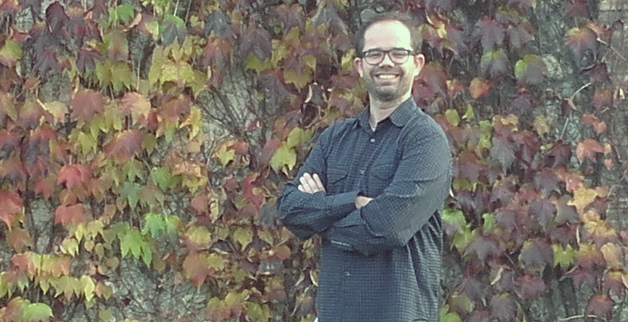

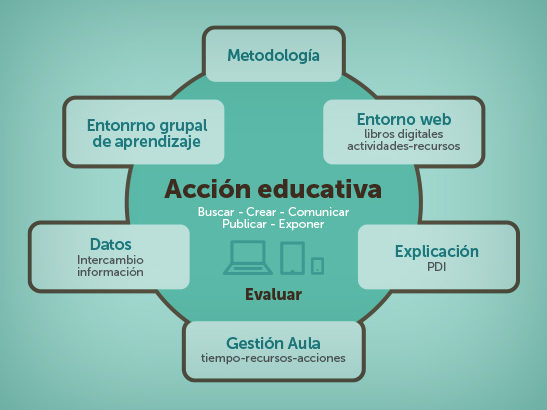
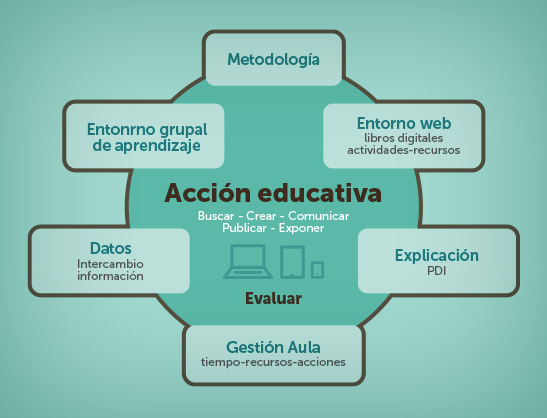
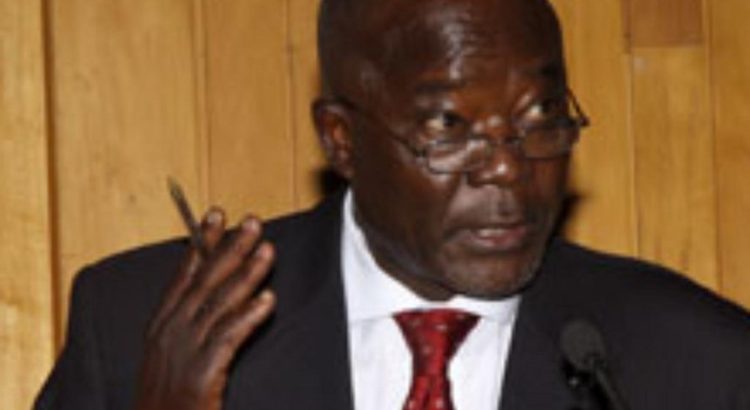


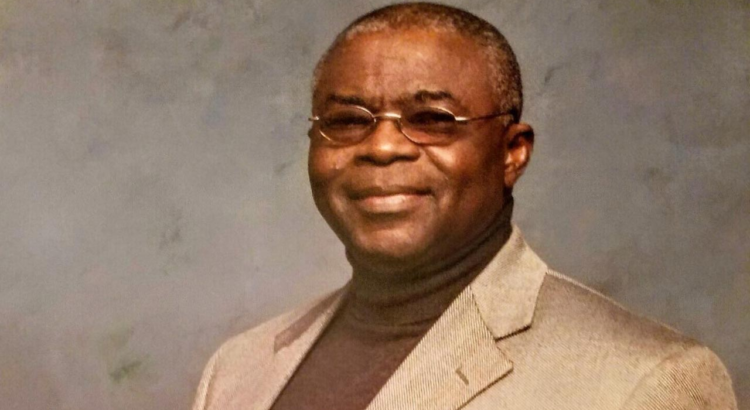






 Users Today : 20
Users Today : 20 Total Users : 35460323
Total Users : 35460323 Views Today : 25
Views Today : 25 Total views : 3419053
Total views : 3419053